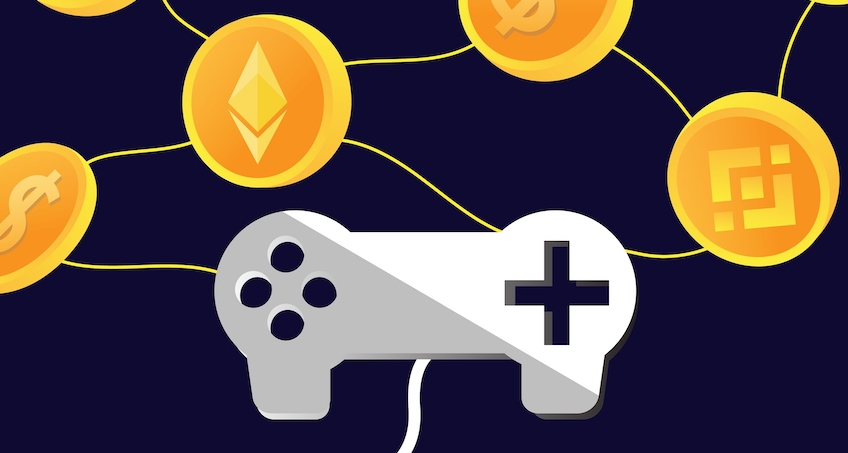
We have all heard about organizations. They are based in a certain nation, have a centralized management team that owns and governs the organization, and can have hundreds of thousands of members.
What if I told you there is a new type of organization? Can you picture coordinating with individuals from all over the globe without knowing each other, defining your own rules, and making your own choices all inscribed on a blockchain? DAOs are making this a reality.
A DAO, or decentralized autonomous organization, is a blockchain-based organization that is frequently administered by a native crypto token.
Anyone who buys and keeps these tokens has the opportunity to vote on crucial DAO-related issues. Smart contracts are often used in place of traditional corporate structures to coordinate the efforts and resources of many people toward common goals.
The primary distinction between a DAO and a basic interest club is that DAOs are entities with economic usefulness. Because they have their own governance tokens and treasuries, community members exercise caution while voting on how the DAO’s reserve money are spent, as well as other financial problems.
Finally, a DAO is totally managed by its individual members, who jointly make key choices concerning the organization’s destiny.
DAO is an organization that’s governed by code instead of leaders.
How do DAOs Work?
DAOs are designed to resemble a corporate structure, with rules and regulations developed using open-source code and enforced via smart contracts.
These smart contracts establish the groundwork for how the DAO will function.
They are very transparent, verifiable, and publicly auditable, allowing any potential member to fully grasp how the protocol will operate at each stage.
Following the formalization of these regulations on a blockchain, the next stage is to get finance. DAOs often go through a financing phase in which anybody who wants to participate can do so. Typically, funding is obtained by token issuance, in which the protocol sells tokens to acquire cash and replenish the DAO treasury.
Token holders are granted voting rights in exchange for their money, which are generally proportionate to their holdings.
The DAO is regarded live and active at the completion of the financing process, and all critical decisions about the organization are made by users achieving an agreement on ideas. Users get the capacity to vote on proposals by holding and locking cryptocurrencies into a voting contract, with the voting weight proportionate to the amount of cryptocurrency locked. The suggestion is then implemented in accordance with the specified network consensus rules, and voters are rewarded with additional cryptocurrency for their participation.
Why do we need DAOs?
Starting a business with someone that includes capital and money needs a high level of confidence in the individuals you are working with. But it is difficult to put your faith in someone you have only ever communicated with on the internet. With DAOs, you do not have to trust anybody else in the group; you simply have to trust the DAO’s code, which is completely visible and verifiable by anyone.
DAO membership
There are different models for DAO membership. Membership can determine how voting works and other key parts of the DAO.
- Token-based membership: Depending on the token used, it is usually completely permissionless. Generally, these governance tokens may be freely exchanged on a decentralized exchange. Others must be earned by delivering liquidity or some other form of ‘proof-of-work‘ In any case, merely possessing the token allows you to vote.
- Share-based membership: Share-based DAOs are more permissioned, but still quite open. Any prospective members can submit a proposal to join the DAO, usually offering tribute of some value in the form of tokens or work. Shares represent direct voting power and ownership. Members can exit at anytime with their proportionate share of the treasury.
Pros
- No hierarchy: the community governs themselves
- Democratic: anyone can raise a proposal and decisions go through majority voting.
- Transparent: the code is open source for all to see.
- Open access: Anyone with internet access could hold DAO tokens or buy them, this giving them decision-making power in the DAO.
Cons
- Flat structure: Decision-making may be inefficient as majority vote is needed
- No change: Difficult to change smart contract rules once deployed on the blockchain
- Legality: Legal gray areas as DAOs are not bound to any specific jurisdiction

